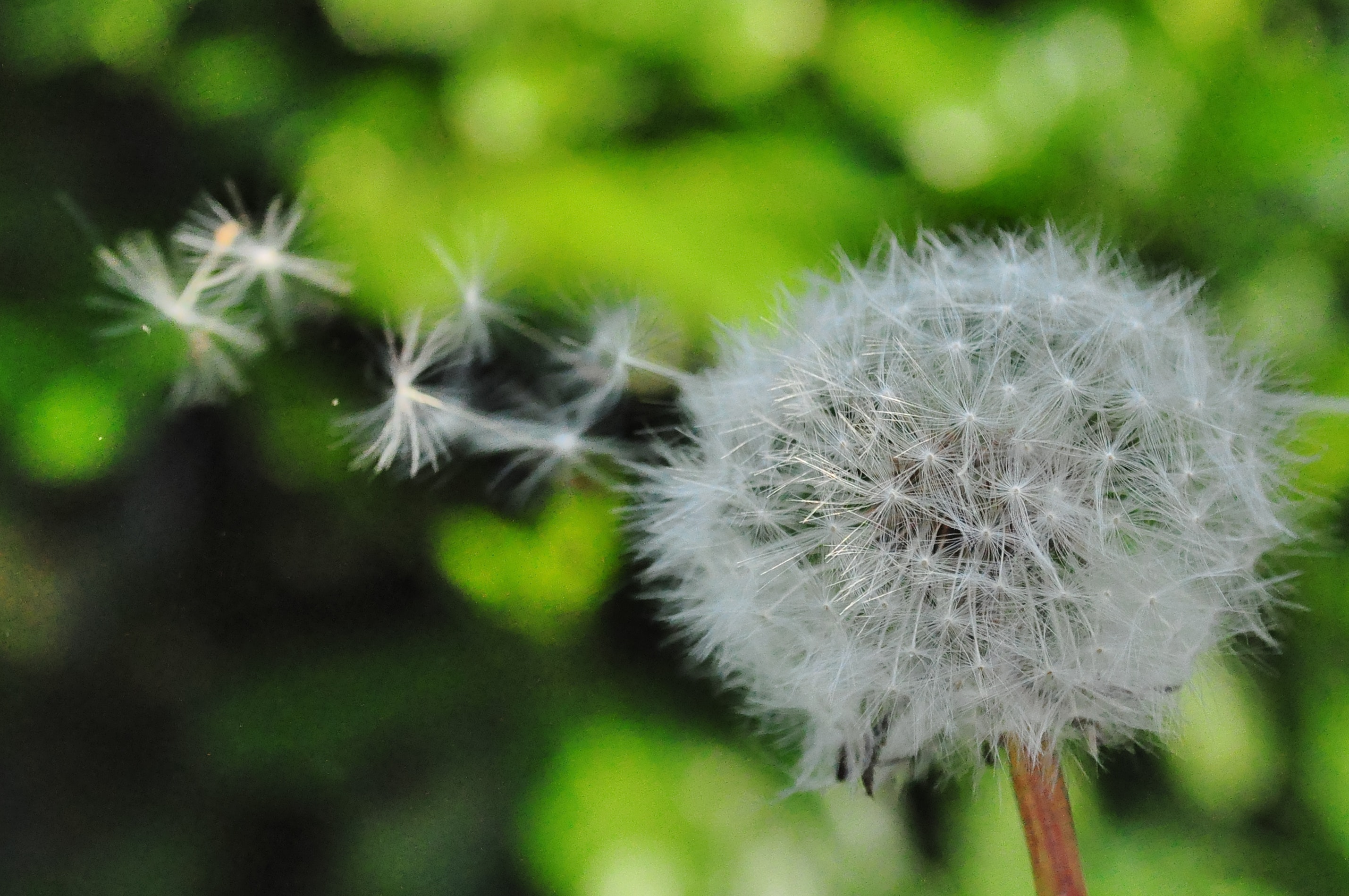
Europe and Latin American countries share an invaluable biocultural heritage, based on material and immaterial resources such as nature, agrobiodiversity, landscapes, culture, traditions and know-how. However, this heritage is often underutilized, or exploited according to short-term logic and to the benefit of few people.
Biocultural rural resources can be the pivot for developing sustainable and inclusive processes of economic, social and territorial development, based on high-quality agriculture and diversification, generating an image of quality for product and territory able to build a specific long-term differential advantage. Local actors, and in particular small farmers, play a key role in the preservation and mobilization of these resources, but they often do not benefit in economic terms, in work opportunities and in general as far as positive benefits in the quality of life are concerned.
The activation of a virtuous development circle, inclusive and sustainable, based on local specific resources asks for specific competences at level both of enterprises and of private and public collective bodies operating in rural areas, activating a systematic interaction between them and the world of academic research, education and training.